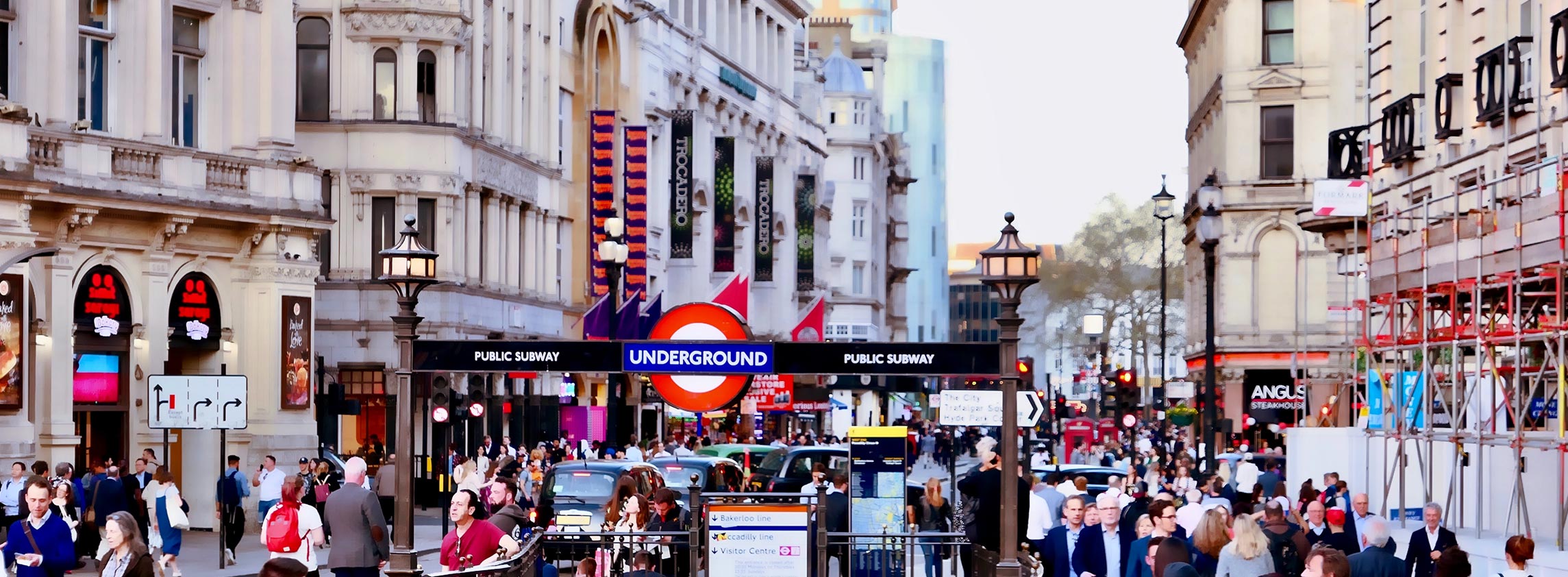Inevitable slowdown in activity amid Covid-19 impact
In our last monthly report at the end of February, we reported a positive start to 2020, with cumulative turnover in the West End being broadly in line with the five-yearly average.
A slow start to March suggested turnover may falter for Q1, but as Covid-19 took a grip over global markets, and economic uncertainty grew, transactional volumes contracted dramatically. March recorded only £241.7m of transactions (seven trades) compared to £449.8m (11 trades) in 2019. This brings the Q1 total to £1.05bn, 32% below the previous five years’ Q1 average and 10% down on last year.
Key transactions to progress in early March included Grain House, 26-35 Drury Lane, which Savills sold with vacant possession to Hines on behalf of Savills IM for £59.6m; the Ugly Brown Building in King’s Cross, which was acquired by British Airways Pension Trustees for £78.7m from owner occupier, Ted Baker, subject to a short term leaseback; and a confidential income-based opportunity, which was acquired by a Private European client of Savills.
Other sales have made progress too, including 25 Maddox Street, W1, which was bought by a part owner occupier for £57m, and 45 Clarges Street, which was also acquired for owner occupation. Similarly, transactions now under offer include the ‘Oxford Street Estate’ development opportunity at 29–43 Oxford Street and 16-19 Soho Square (albeit more a joint venture) and White City Place, Mitsui / Stanhope’s 11.9 acre mixed-use regeneration scheme in West London.
Both were available at the start of March, and bring the volume of assets currently under offer in the West End to a combined total of approximately £683m. This compares to nearly £800m a month ago. The number of transactions proceeding has been dwarfed by those where parties have pulled out. The most significant include CPPIB’s 50% share in Nova, SW1, which had been under offer since Q3 2019 to Singaporean REIT, ARA; Penguin Random House’s sale and leaseback of its headquarters in Pimlico, which had been under offer to a French fund; and The Eversholt, NW1, which had received interest at the first stage of bidding but was eventually withdrawn by the freeholder, Aviva.
The failing of these transactions shouldn’t be seen as any surprise given the challenges in predicting the effect of Covid-19 on both the economy and the property market, and it is therefore inevitable that both vendors and purchasers will adopt a ‘wait and see’ approach going forward. Sentiment aside, liquidity will also be inhibited by the practical barriers to completing a transaction, not least the current prohibition on undertaking inspections or carrying out on-site surveys during a lockdown.
As noted above, it is too early to assess how the market will evolve as we move into the second quarter, save to say turnover will, at least in the West End, collapse to a potentially record low. In an increasingly illiquid market it will also be challenging to assess value and for buyers to reconcile pricing with the potential downside risk factors ahead. Despite these challenges, the West End’s fundamental strengths, which include it having a diverse occupier market, below-average occupational vacancy rates, limited new office development and an inherent supply-side shortage of investment product, leave it well placed to weather any temporary downturn in values.
In the context of the above, Savills prime West End yield moves back to 3.75% but we will continue to monitor the market and specific ongoing transactions particularly closely, as part of a continual evaluation process during this period of uncertainty.
The MSCI average net initial and equivalent yields moved to 3.74% and 4.70%, respectively.
